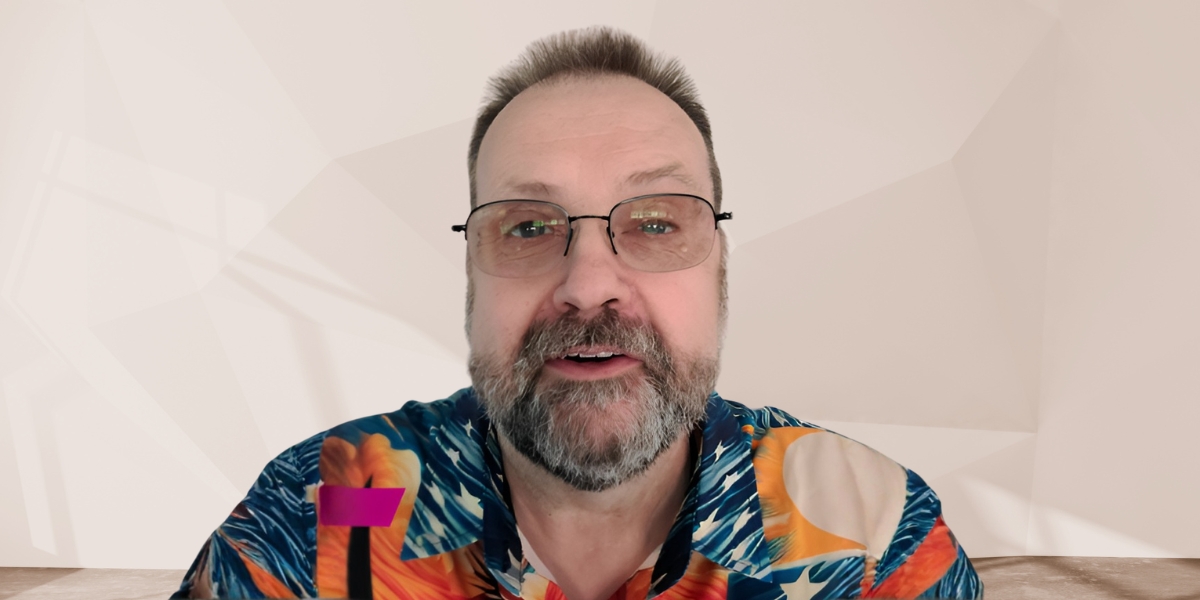By: Victoria Nelson
Religious trauma impacts more than just faith. It disrupts mental health, self-worth, and identity—especially for LGBTQIA+ individuals. “Why would God make me wrong?” therapist Ann Russo asked on The A Jaded Gay podcast. That question has become the foundation of her work.
Ann Russo is a licensed clinical social worker, mental health advocate, and Founder of AMR Therapy. She specializes in supporting queer individuals and clients confronting religious trauma through inclusive, identity-affirming care. In her interview with host Rob Loveless, she offered both education and hope.
A Queer Teen in a Conservative Church
Ann shared that she was raised in a queer household during the 1980s and ‘90s, a time when anti-gay rhetoric was aggressively pushed by Christian conservatives. “When I was 18, I joined a fundamentalist Christian Church and I did that as an out person to try to understand why they hate.” That experience shaped the path of her career.
Ann pursued an MA in Theology with a focus on what she calls “queering Christianity.” Though she originally intended to become a theology professor, her deeper passion led her to clinical work—where she could help people move through shame, reclaim their spiritual identities, and heal from harm.
When Religion Becomes Trauma
She defines religious trauma as psychological distress connected to faith.
“Religious trauma often looks like PTSD,” she explained. “So there’ll be guilt and shame… fear of punishment from faith or divine retribution, anxiety, panic, nightmares, hypervigilance, self-doubt, depression, substance abuse.” She emphasized that these symptoms are often intensified when someone is forced to choose between their identity and their spirituality.
For queer individuals raised in “high-control religious environments,” internalized shame can manifest in destructive ways. “The folks do tend to use some negative coping skills, which reinforces internalized shame and a sense of disconnection from their identity.” She said that healing begins with separating religious education from indoctrination—and identifying where those harmful beliefs came from in the first place.
Rethinking Scripture, Not Rejecting Faith
One major part of Ann’s work is helping clients re-examine the Bible through a historical and linguistic lens. “So you’d look at it and say… Is this actually the word of God or is it a letter of Paul?” She encourages people to consider the cultural context, translation shifts, and political agendas that shaped today’s religious messaging.
She also noted that some teachings have changed drastically over time. “The Bible was used to defend slavery in the early 1800s… Now all of a sudden that doesn’t mean what it meant 150 years ago.” Her point is clear: scripture has always been interpreted through the lens of power and control.
Self-Acceptance Isn’t a Sin—It’s Human
Self-acceptance is a key pillar of Ann’s practice. “Your sense of identity is a natural part of being a human being,” she said. “Why would God make me wrong?” She challenges the idea that being true to yourself is sinful, explaining that suppression of authenticity is often rooted in control—not morality.
To those struggling with reconciling faith and identity, Ann offers thoughtful guidance. “I work with people all the time to do that… I really do believe that some folks, it really is a false choice. You can’t choose your religiosity and you can’t choose your self-identity.” She encourages therapeutic support and affirming community resources.
Liberation Through Community and Courage
Ann also spoke passionately about the political moment. “This is something we’ve never experienced in America before, where we have the federal government assaulting groups.” Her advice: focus your energy. “Find the issues that you have the most passion about… find your group, find your people.”
For Ann, queering Christianity is part of a larger movement—liberation theology.
“We marginalized communities need liberation from those that are trying to hold us down… Jesus was a revolutionary, and we need to be revolutionaries too.”
You can listen to Ann’s full episode on the podcast here. Feel free to reach out to her via the links on her website or click here to subscribe to her newsletter.
Published by Joseph T.






